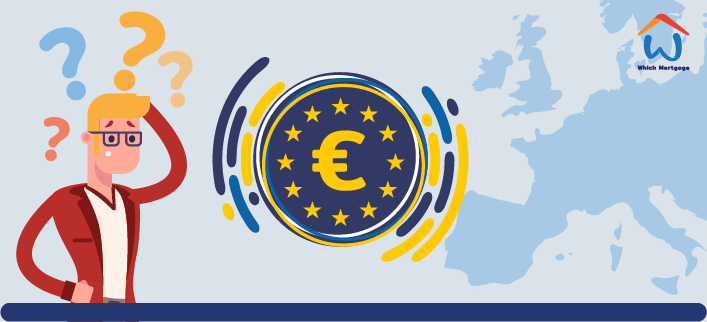
Anticipated ECB Interest Rate Cuts - What Does it Mean for Borrowers?
2023-11-23Recent developments in the financial markets suggest that the European Central Bank (ECB) may consider interest rate cuts in the next year. This comes after the ECB decided to hold interest rates steady for the first time in over a year at its October 2023 meeting. This move is a departure from previous predictions of sustained rate hikes until 2024.
In this article, we explore the potential impact on borrowers and address the specific implications first-time buyers, tracker mortgage holders, and variable and fixed rate mortgage holders.
The European Central Bank's Approach - A Brief Outline
Over the past year and a half, the ECB has aggressively increased lending rates 10 times, aiming to curb inflation. Now, with recent inflation figures displaying a slowdown, the ECB has chosen to maintain stability for the time being. Market speculation now suggests that an ECB rate cut could happen as early as March or April 2024.
Impact on Borrowers
- First-Time Buyers
While there is speculation that the ECB may cut rates, it is unlikely that first-time buyers stand to benefit because banks are still likely to increase their mortgage rates. However, thanks to government support schemes, first-time buyers will still have relief under these circumstances. They can knock up to €100,000 off their required borrowing for new homes by combining the First Home Scheme and Help-to-Buy Scheme. First-time buyers who are availing of these schemes are managing to buy a standard €320,000 home with mortgages of just €226,000.
- Tracker Mortgage Holders
While tracker mortgage holders enjoyed favourable rates for many years while rates were at their lowest, they have now endured sharp increases in borrowing costs in the last year and a half and any decrease in rates will be welcomed. Additionally, Budget 2024 introduced a one-time mortgage interest tax relief that they could apply for to enjoy some reprieve from the steep rate hikes. The relief will have a maximum value of €1,250 and it is estimated that approximately 160,000 mortgage holders will benefit from this measure.
- Variable Rate and Fixed Rate Mortgage Holders
Key Considerations
The prospect of ECB interest rate cuts brings hope to borrowers facing increased repayments, although, any cuts we see will be at a slower pace than the rate increases which brought the base rate from 0% in July 2022 to 4.5% at present. Every 0.25% reduction on an average mortgage of €300,000 will bring a saving of €45 in monthly repayments.
Tracker mortgage holders will see the immediate (although marginal) benefits of such decreases while variable and fixed rate mortgage holders will be influenced by their lender in terms of what reduction is passed on.
While the impact on different mortgage holders may vary, the overall sentiment is cautiously optimistic. It is important to remain aware that challenges in the rates environment may persist and there is therefore a need for borrowers to stay informed, seek advice from mortgage specialists and be proactive in managing their financial situations.
More Questions?
Talk to one of our mortgage specialists now!
BOOK AN APPOINTMENT
.jpg)

